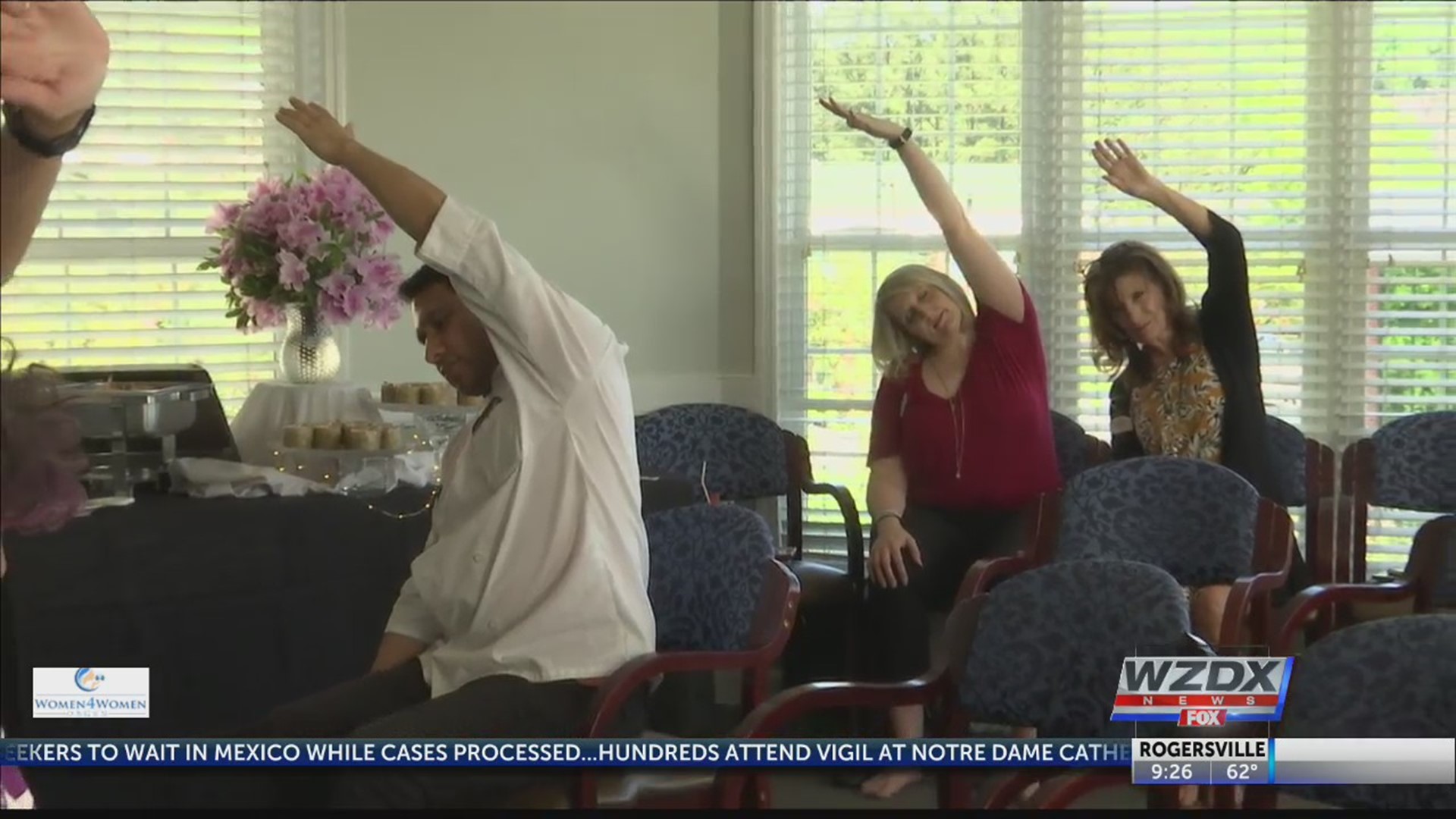HUNTSVILLE, Alabama — Stress is the body's natural response to challenges or threats in the environment.
"The body prepares to fight, or flight, or freeze which is really a response designed to protect us from harm but can really be unhelpful when activated chronically," said Licensed Clinical Psychologist Dr. Christina Parker.
According to Dr. Parker, the physical consequences of prolonged stress response can vary from person to person.
"But often includes elevated blood pressure, weakened immune system so longer recovery time from disease. Or increased vulnerability to diseases like flu or, COVID, stomach or digestive problems, insomnia. So, difficulties initiating, maintaining sleep, and dysregulated sleep, as well as other somatic symptoms. So, headaches, tension, impaired appetite, generalized pain and malaise," she explained.
However, Wellstone Outpatient Therapist and Training Coordinator, Wendy Weber said when we deal with too many stressors at once, we actually start to maintain a state of constant high alert. "We may in the beginning see things like a change in our mood. We may start to feel burned out at work, maybe getting more frustrated with our kids at home, or our partner," said Weber.
Both Dr. Parker and Weber say the first sign to learning to cope with stress is first to recognize that stress by itself isn't a very bad, scary, or harmful thing. "It's there to protect us. So, the first thing is to sort of thank your body for trying to keep you safe and to recognize that there isn't a fire, there isn't a lion or tiger chasing you in this moment," Dr. Parker iterated.
Weber said some of the best ways to cope with stress are to get up, get out, take care of your body, interact with others, and take time to do the things you enjoy!
"What are you eating? How are you eating? Are you getting out? And moving? Our brains can't process very well without us moving and engaging. We need to get out and socialize. If you think about it, when you have that one little thought that you're zeroed in on, you tend to withdraw. So, we want to do the opposite of what the stress is telling us to do, which means we want to get out and socially interact. we want to get up and move.," Weber explained.

